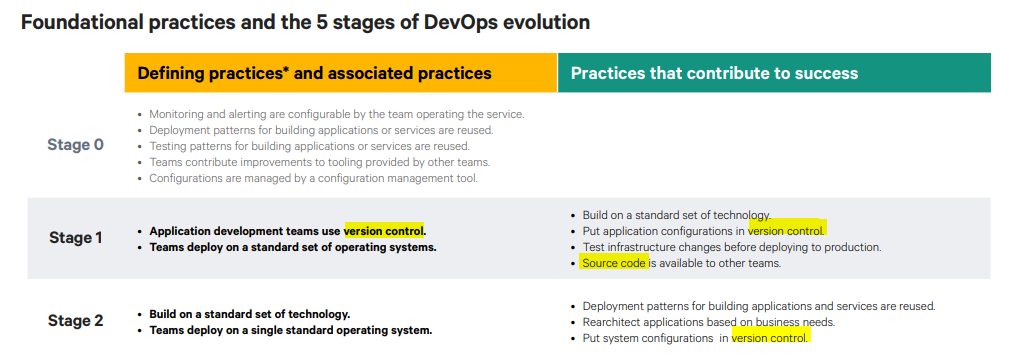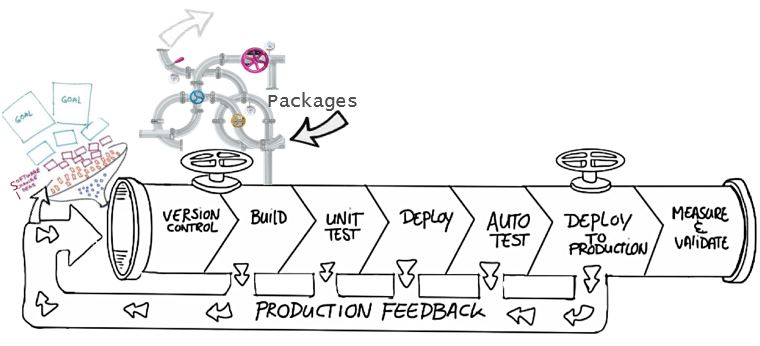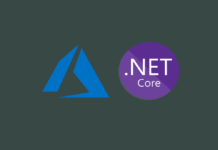Consider source control as a necessary daily practice. Versioning is a standard part of the developer’s routine, and when done correctly, it can save organizations a lot of money and resources.
Source control is a fundamental aspect of programming. It is necessary to examine why we do what we do and how versioning affects an organization’s entire value stream from time to time.
DevOps foundational practices

Non-developers in an organization can use this to learn the fundamentals of the discipline.
Besides that, this is so deeply embedded in the daily lives of software engineers. It’s critical if those people decide which version control tools and platforms to use.

Version control is critical in large businesses and enterprises, as it is for all software development projects.
Companies in highly regulated industries, such as banking and healthcare, require a practical method to ensure that all standards are met appropriately and to mitigate risk.
Source control
A source control system (also known as a version control system) enables developers to collaborate on code while also tracking changes. To save your work and coordinate code changes across your team, use version control. For multi-developer projects, source control is a must-have tool.
The version control system stores a snapshot of your files (history) so you can easily review and roll back to any version of your code. It also aids in the resolution of conflicts when combining contributions from multiple sources.
Source control protect source code against disaster and the unintended consequences of human error.

Version control is the process of tracking and managing who, what, and when changes are made to software assets. The first step is to ensure quality at the source, ensure flow and pull value, and focus on the process. All of these add value not only to the software teams, but also to the customers.
Version control also facilitates experimentation and, most importantly, collaboration. Collaborating on source code would be a difficult task without version control.
There are various perspectives on version control.
- It is a daily enabler of work and collaboration for developers. It’s a necessary part of the job, and one of the most frequently used tools.
- The critical value of version control for management is in:
- IP security.
- Risk management.
- Time-to-market speed through Continuous Delivery, where version control is a fundamental enabler.
Benefits of source control

Whether you’re writing code professionally or for fun, you should always use a source control management system to version it. Some of the benefits of using source control include:
Create workflows: Version control workflows prevent the chaos of everyone using different and incompatible tools in their development process. Version control systems enforce processes and grant permissions to ensure that everyone is on the same page.
Work with versions: Every version has a comment that describes it. These descriptions allow you to track changes in your code by version rather than individual file changes. Versioned code can be viewed and restored from version control whenever needed. It simplifies the process of basing new work on any version of code.
Collaboration: Version control synchronizes versions and ensures that your changes do not conflict with those of your team members. Even when multiple people make changes at the same time, your team relies on version control to help resolve and prevent conflicts.
Maintains history of changes: As your team saves new versions of your code, version control keeps track of the changes. This history can be examined to determine who, why, and when changes were implemented. Because you can roll back to a previous good version at any time, the history gives you the confidence to experiment. The history feature allows you to start your base work from any code version, such as fixing a bug in an earlier release.
Automate tasks: Version control automation features save time and produce consistent results for your team. When new versions are saved to version control, automate testing, code analysis, and deployment.










